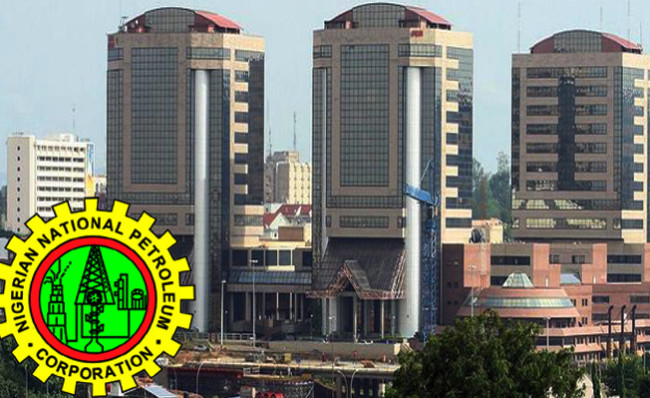NNPC reels out plans to attract private investment

The Nigerian National Petroleum Corporation (NNPC) has outlined plans to attract private investments, ensure sustainable development and spur growth in the nation’s Oil and Gas Industry.
Group Managing Director of the corporation, Dr. Maikanti Baru, disclosed this while speaking on the theme “Investment in the Oil and Gas Industry” at the 7th International Seminar of the Organisation of the Petroleum Exporting Countries (OPEC) in Vienna, Austria on Thursday.
Dr. Baru observed that investment in the oil industry had become imperative in the wake of recent turbulence experienced in oil price cycle, supply driven glut in the oil market, world economic growth, uncertainties regarding oil’s future, as well as the fiscal imbalance experienced by OPEC member nations.
According to the GMD, these challenges have also created new wave of opportunities for the corporation because oil is expected to remain the dominant fuel in the energy mix, contributing between 52-53% of the global energy requirement over the next 15 years.
He said NNPC recognized the challenge as well as the opportunity presented by oil demand growth, particularly as an exporter experiencing a surge in local demand.
“The balance of objectives requires that we undertake a paradigm shift in our business model to ensure that we attract capital and sustain flow of investment. It has also placed a burden for change towards broadening the base of investment sources outside traditional government funding,” Baru averred.
The GMD said investors stand to benefit from Nigeria’s oil sector, a development made possible by the current administration of President Muhamadu Buhari which he said had tackled policy instability, environmental problems, that have hitherto discouraged investors from Nigeria.
Today, Baru added, investors have been cooperating in the upstream to give the oil sector the boost that it requires.
“We have had about 3.6bn in investment so far. The PIB is undergoing serious legislative process. We segmented it into four and one has been passed. The downstream holds the future. We are looking at revamping our refineries and calling on investors to come and establish refineries. We are also looking at job creation across the entire value-chain,” he told participants at the Seminar.
He assured the NNPC was working hard to keep the sanctity of all contracts so that investors are given the right framework to operate.
Some of the measures taken to attract investments, Baru noted, include settling all outstanding cash call arrears amounting to $5billion dollars, a development that has restored confidence in the Nigerian oil and gas industry, he noted.
Others, he said, were the execution of $1bn contractor financing deal with Schlumberger for the development of oil fields in the Niger Delta; aggressive investment in infrastructure; tripling of domestic gas supply from 500mmscf/d in 2010 to about 1500mmscf/d currently, as well as completion and commissioning of 600km of new gas pipelines.
“The recently sanctioned $2.8 billion, 614Km Ajaokuta-Abuja-Kaduna-Kano (AKK) pipeline project is a demonstration of commitment to investing in local gas development, he stated.
Dr. Baru said NNPC’s goal to become a net exporter of refined products by year 2019 was on course as there are ongoing discussions to revamp all the four (4) existing local refineries through utilizing private capital in form of a contractor financing model.
While commending OPEC for its innovative and bold strides in balancing the market, Baru said the positive turn in the market would have been a mirage without the effort of organisation.
He assured participants at the seminar that the NNPC would continue to play its vital role and work with all Member Nations to achieve the long term vision of OPEC.
Running for the 7th edition since 2001, the OPEC International Seminar is one of the premier events on the world energy calendar which provides a platform for dialogue by Ministers from OPEC Member Countries and other oil-producing and oil-consuming nations, as well as CEOs of IOCs, industry leaders, academics, energy experts and the specialized media.









0 Comments